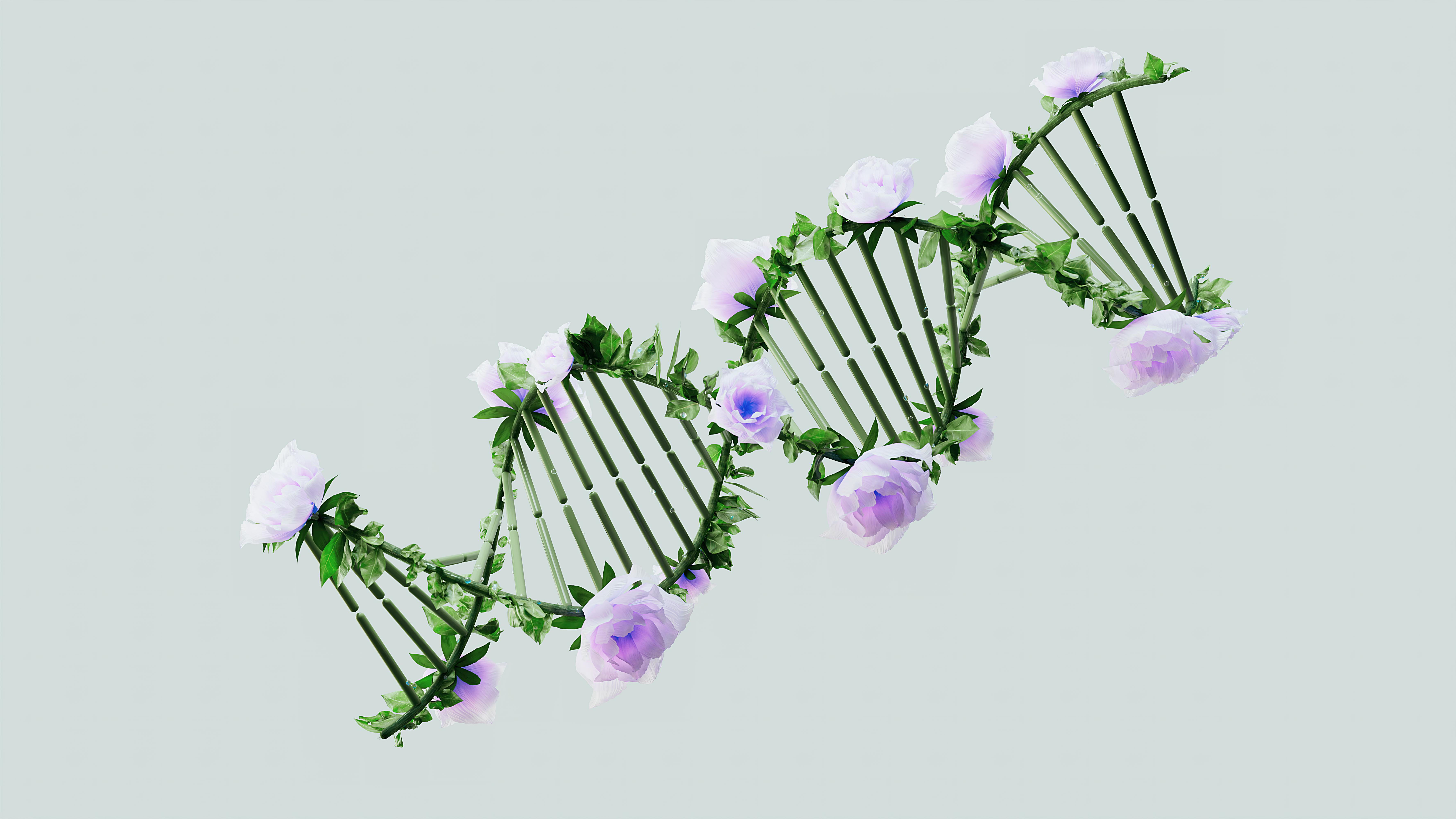Hidden Triggers That Could Unravel the Mystery of Autism Spectrum Disorder
Autism spectrum disorder (ASD) describes a neurodivergent way of perceiving and interacting with the world. Currently classified as a developmental condition, ASD can present challenges in communication, social interaction, and sensory processing. However, many individuals on the spectrum lead fulfilling, independent lives and bring unique perspectives to their communities. Creativity, innovation, and deep focus are just some of the strengths that many autistic individuals possess. Understanding the potential causes and risk factors for autism is crucial for early support and advocacy. Creating environments that accommodate sensory and communication needs can greatly improve quality of life. Children with autism may reach developmental milestones differently from neurotypical children, making awareness and tailored support essential. While some therapies have historically focused on suppressing autistic traits, an increasing body of research suggests that autistic individuals thrive best when they are encouraged to embrace their neurodivergence. This article explores 16 key factors that have been linked to autism spectrum disorder, providing insight into ongoing research and emerging perspectives.
1. Genetics

Genetics play a significant role in autism spectrum disorder, though they are rarely the sole determining factor. Scientists have long investigated genetic links, initially aiming to develop a prenatal screening test, but this has been met with resistance from the autistic community. Some children with autism also have genetic conditions such as fragile X syndrome or Rett syndrome, suggesting overlapping genetic factors. Researchers are still identifying specific genetic mutations associated with autism, though many are thought to influence neural communication and information processing. Some mutations occur spontaneously, while others are inherited. Having a family member with autism increases the likelihood of being autistic, but autism may not be caused by a defect—rather, it could be the result of natural genetic variation.
2. Environmental Factors

Environmental influences on autism remain an area of active research, though many misconceptions persist. A widely debunked myth claims that vaccines cause autism; in reality, this has been unequivocally disproven, and the study promoting this idea was found to be fraudulent. Scientists continue to investigate whether factors such as air pollution, pregnancy complications, certain medications, or viral infections might play a role in autism development. While autism itself is not caused by an external disease, environmental factors can affect how symptoms manifest. For example, the modern world is filled with bright lights, loud noises, and crowded spaces—elements that can overwhelm autistic individuals. If a child with autism experiences sensory meltdowns in a noisy supermarket, they might not have shown symptoms in a quieter historical setting. This suggests environmental stimuli can amplify autistic traits without being their root cause.
